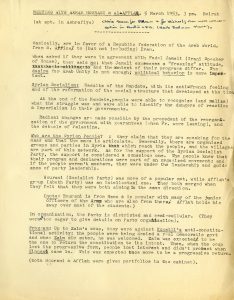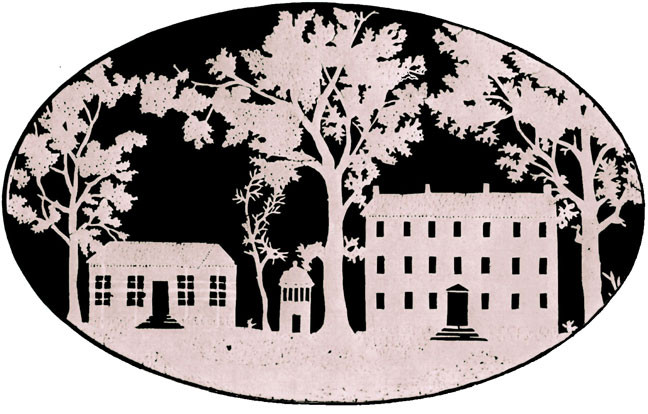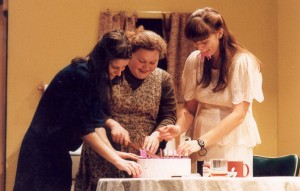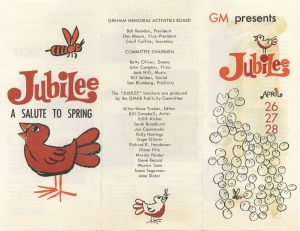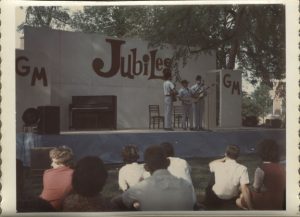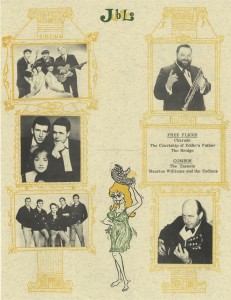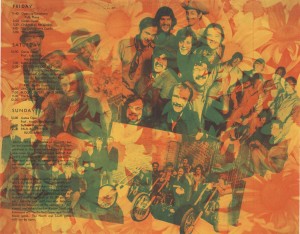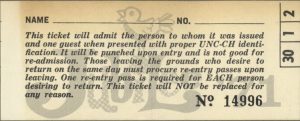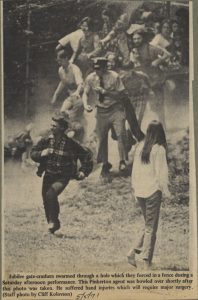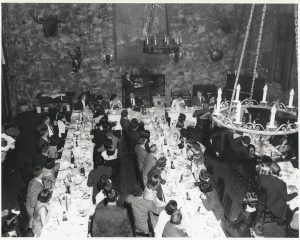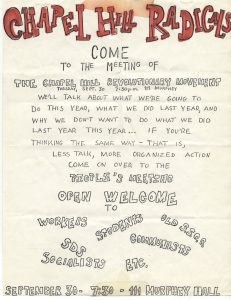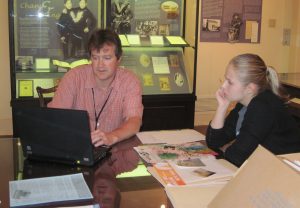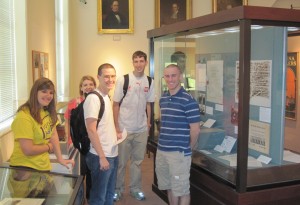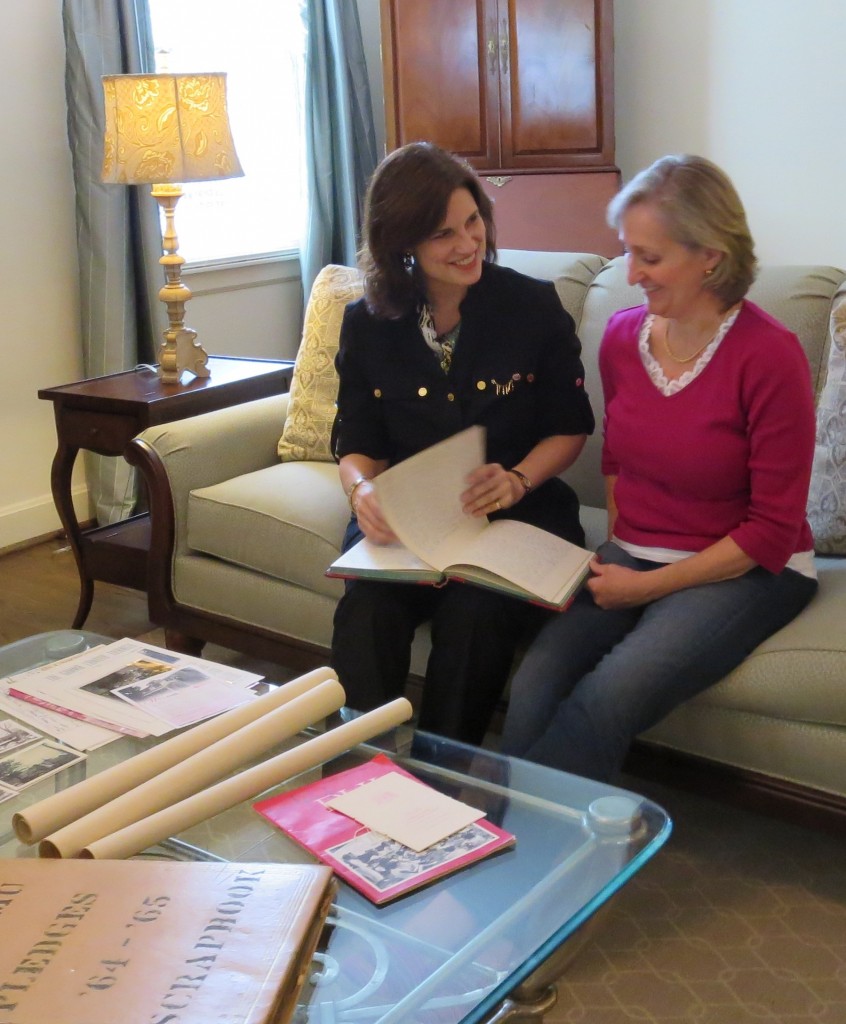
Over the past year and a half, UNC Chapel Hill’s University Archives has actively pursued student groups in an effort to better represent the history of student life. However, there are a lot of student groups to choose from on our active campus. One of our priorities has been to collect Greek life materials. Because more than 3,000 students on our campus are involved in Greek life, fraternities and sororities are a part of the Carolina Experience for many students.
This semester, Phi Mu will be the first of UNC’s sororities to deposit its materials in University Archives for safekeeping. While we have some fraternity records (including Delta Kappa Epsilon and Chi Psi), sorority records have been noticeably absent in our holdings. As the Gamma Lambda chapter of Phi Mu approached planning for its 50th anniversary in 2014, alumnae began to reflect on their chapter’s history. Realizing that historic materials were stored in several disparate places and that many items could use conservation and preservation, they were eager to find a way to store them in a single location under archival conditions. Participating in the new University Archives initiative will accomplish this and facilitate all future anniversary research.
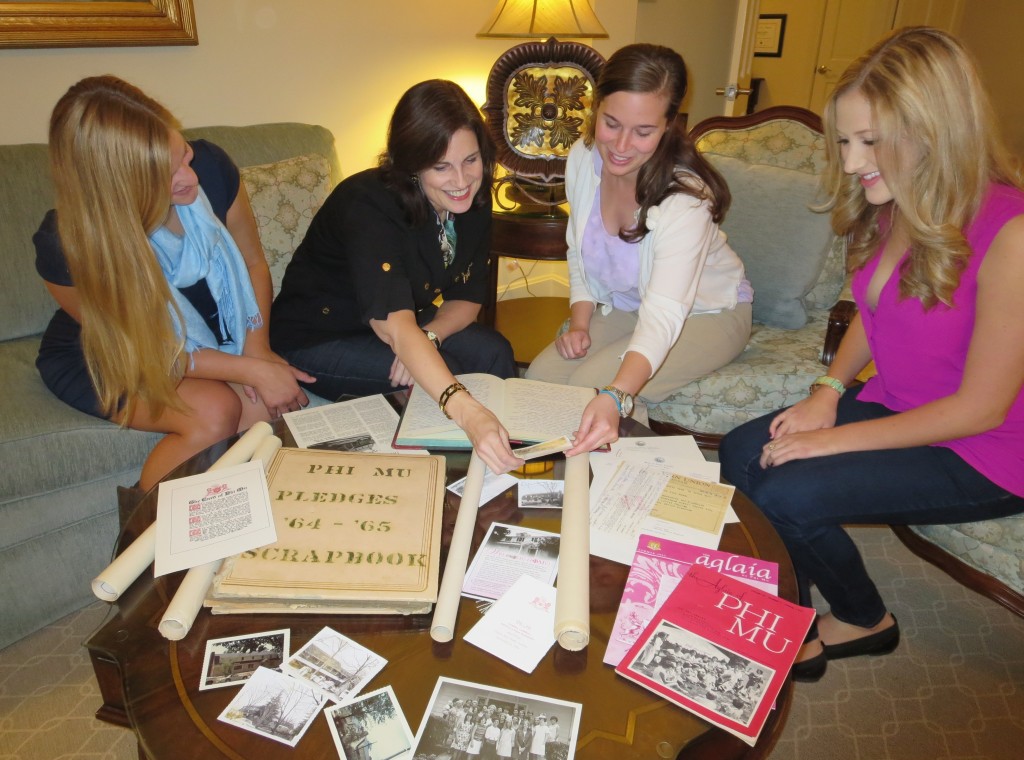
When Phi Mu’s Gamma Lambda chapter colonized at Carolina in 1964, the Board of Trustees had just approved the admittance of women regardless of their residence or major; however, admittance was still extremely competitive because of the scarcity of housing for female students. With the loan of Phi Mu’s 1964-1965 scrapbook and other materials to University Archives, researchers and chapter sisters alike will be able to understand how Phi Mu began its first 50 years on Carolina’s campus.
We look forward to working with Phi Mu as well as other sororities this year to increase the representation of Greek organizations in University Archives!
If you are a member of a Greek fraternity or sorority and wish to deposit materials in the archives for safe keeping, please contact us!

